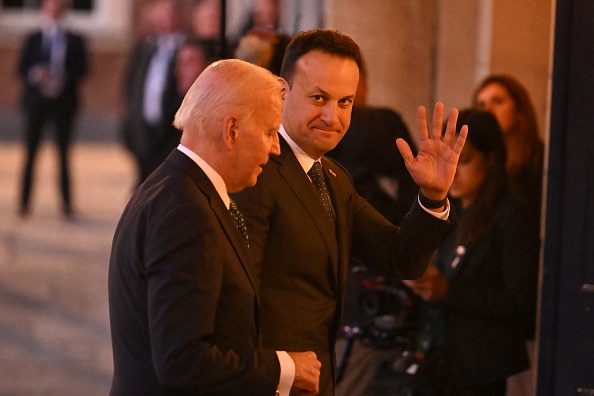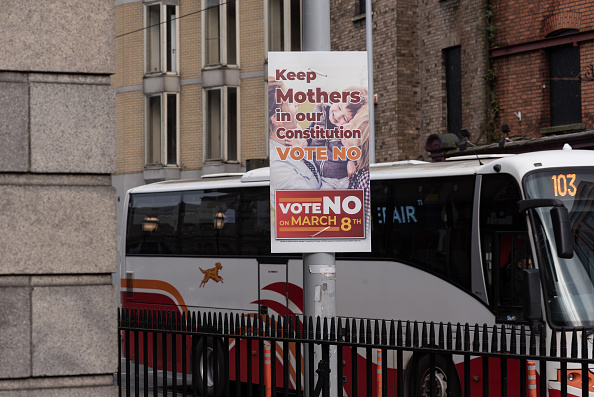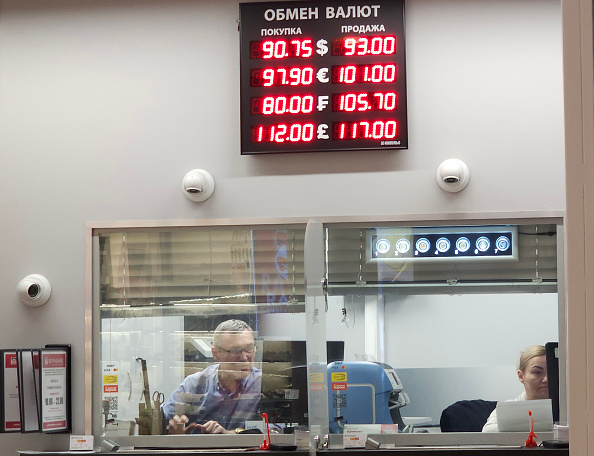The European Commission rapped Ireland’s knuckles with an anti-money-laundering infringement action just two months after Dublin had sought to house the European Union’s new anti-money-laundering agency.
“Ireland failed to take on board all anti-money-laundering laws, while we were actually bidding to host the EU money-laundering agency?” queried independent banking lawyer Lorraine Morris.
“Surely it should have been a precondition to bidding, to have transposed the relevant directives? Top of our checklist?,” she added.
In February, Ireland had sought to persuade other Member States to choose Dublin for the new financial agency’s headquarters.
In the end, Germany’s Frankfurt won with 28 of the 54 votes, while Ireland received none, despite a frenetic year-long campaign led by Irish finance minister Michael McGrath and junior finance minister Jennifer Carroll MacNeill.
The April 24 infringement action stated Ireland, along with France and Latvia, had not yet passed all of the EU’s Fifth Anti-Money-Laundering Directive into national law.
Ireland has fallen foul of not implementing the EU’s laundering regulations before.
In July 2020, the Court of Justice of the EU ordered Ireland to pay €2 million to the EC for not implementing the previous Fourth Anti-Money-Laundering Directive by the July 2017 deadline.
Ireland has two months to reply to the latest infringement notice, after which if the EC is not satisfied it may again take Dublin to court.
The EC’s specific complaint is that Ireland has not brought in EU rules on the ownership of trusts that go back as far as 2015 and 2018.
The Irish tax authority, the Revenue Commission, set up a central register of so-called beneficial ownership of trusts in 2021 but the EC said Irish law could not guarantee the “adequacy and completeness” of the information held there.
Trusts do not own assets but, rather, manage them on behalf of “beneficial owners”.
They have different tax requirements to those of companies and the EU fears criminals are using trusts to launder money – including by buying up EU real estate as foreign property investors – and that Russia and China are similarly using them to evade financial sanctions.
Economic-risk specialist David Chance claimed Ireland was particularly attractive to money launderers as it was “a tax haven and it has a large offshore financial centre”.
Detective chief superintendent Pat Lordan, head of Ireland’s Garda (police) National Economic Crime Bureau, also claimed Ireland was at the centre of an international money-laundering industry where global criminal gangs buy millions of euros’ worth of legitimate products to offload illegally acquired cash.
They then ship these goods, such as pharmaceuticals, expensive clothing, machinery and perfume, to buyers in their home countries.
Thomas Mathew, a senior associate at PricewaterhouseCoopers (PwC), said Ireland had also been “reluctant” to adopt new technologies to combat money laundering.
Three-quarters of Irish businesses conduct their anti-money-laundering checks by hand, the professional services firm said.
In emerging markets such as the Middle East, new financial centres are “very proactively adopting new technologies” including Artificial Intelligence to spot money-laundering activity, Pwc added.
The EC said “legislative gaps occurring in one Member State have an impact on the EU” as a whole.





